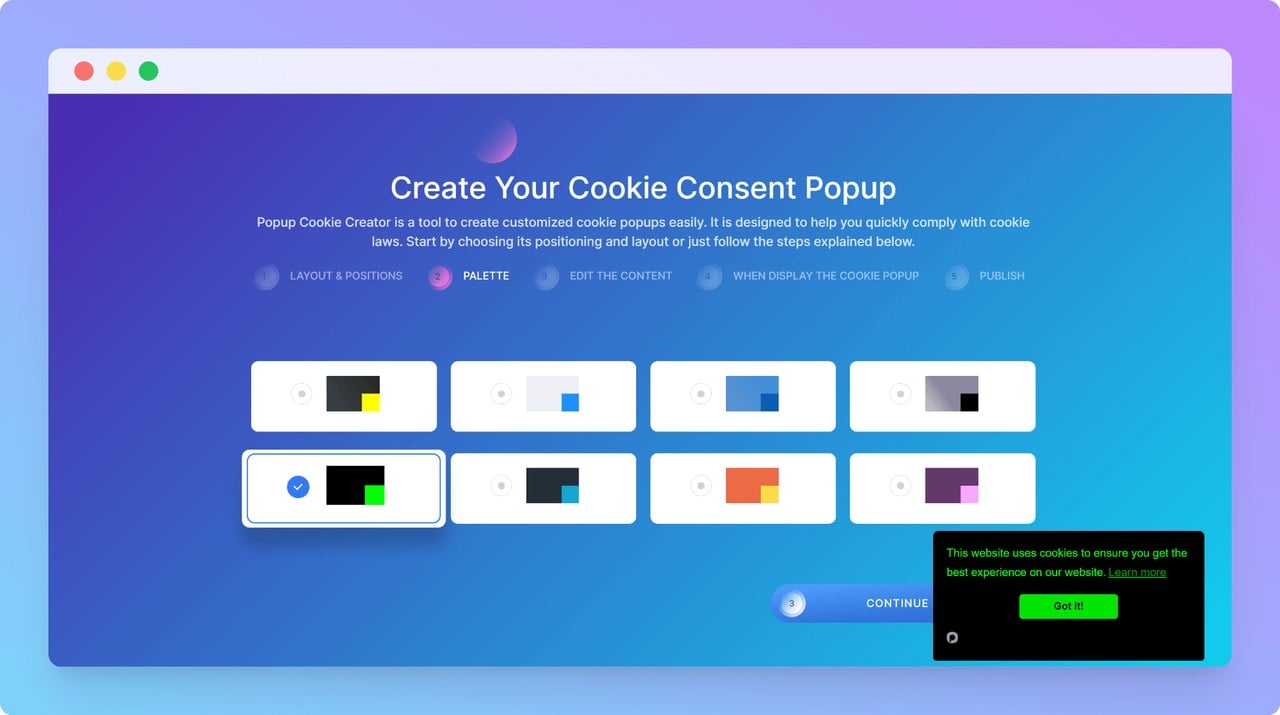As the tech giants Yahoo and Google roll out their newest privacy policies, a troubling trend emerges that could threaten your digital rights and personal data. The latest updates introduce new cookie management features that, while marketed as user-friendly, may actually deepen the divide between corporate control and individual privacy rights.
New Cookie Policies Raise Alarm Bells
According to TechRadar, Yahoo and Google are implementing streamlined cookie consent forms that could mislead users into giving up more data than they intend to. With the click of a button, users can either accept all cookies or reject them entirely, but the nuances of what each choice entails are often obscured. This simplification diminishes users" control over their data, undermining the principles of informed consent.
GDPR"s Influence and Its Limitations
The European Union"s General Data Protection Regulation (GDPR) set a high standard for data privacy, but as reported by the European Data Protection Supervisor, enforcement varies widely across member states and beyond. While companies like Yahoo must comply with GDPR regulations in Europe, the same level of scrutiny is not applied in the U.S., where tech companies often exploit legal loopholes to sidestep stringent privacy measures. This disparity creates a patchwork of protections that leaves American users vulnerable.
\n\n
Yahoo"s $8 Billion Black Hole
Impact on Users and Digital Rights
The implications of these new policies extend far beyond convenience. Users are increasingly unaware of how their data is harvested and utilized. The University of Michigan outlines a historical trajectory of privacy rights that highlights the gradual erosion of personal data protections in favor of corporate interests. When users are not fully informed about their rights, they cannot effectively advocate for themselves in an increasingly data-driven world.
The Corporate Interests Behind Data Harvesting
At the heart of these cookie policies lies a profit-driven agenda. Advertising revenue is the lifeblood of companies like Yahoo and Google, and the more data they collect, the more tailored and lucrative their advertising becomes. As established by the Lewis Brisbois analysis of GDPR history, the primary focus has often been on compliance rather than the ethical implications of data collection practices. This profit-centric approach prioritizes corporate interests over individual rights, creating a troubling precedent for the future of digital privacy.
\n\n
6 Best Shopify Cookie Tools You Can Use in 2025
Moving Towards Empowerment in Digital Spaces
As these policies evolve, users must be empowered to take control of their data. The EU’s extensive legal framework serves as a blueprint for what comprehensive data privacy could look like in the U.S. Advocating for stronger regulations and transparency is crucial in the fight for digital rights. Organizations and individuals alike must demand accountability from these tech giants, ensuring that privacy is respected and protected. The future of our digital landscape hinges on our ability to challenge the status quo and assert our rights against corporate overreach.







![[Video] Gunfire between Iraqi security forces and Sadr militias in Baghdad](/_next/image?url=%2Fapi%2Fimage%2Fthumbnails%2Fthumbnail-1768343508874-4redb-thumbnail.jpg&w=3840&q=75)
